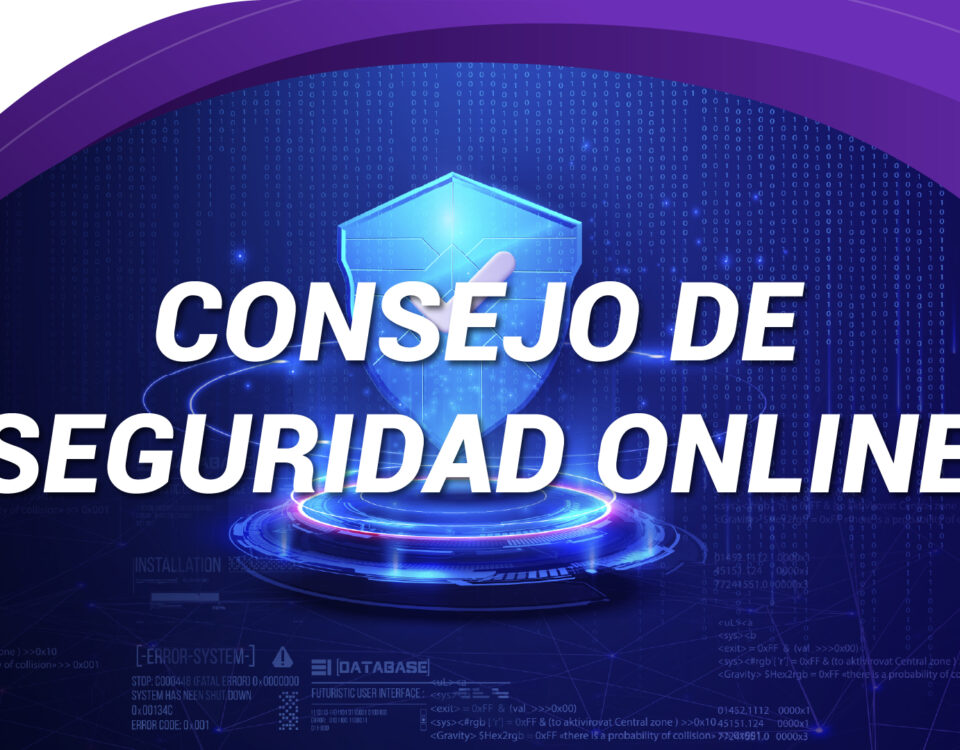The educational sector faces unique challenges in implementing digital technologies due to the need to protect students’ privacy and security. As the use of digital platforms for learning management increases, data privacy regulations play a crucial role in the selection of tools and services. Many institutions must comply with strict regulations that limit the use of certain products or brands, especially when there is a risk of personal data leakage.
Privacy Regulations and Their Impact on Platform Selection
Educational institutions both public and private are subject to a range of regulations designed to protect student privacy and ensure data security. Some of the most prominent laws include:
- General Data Protection Regulation (GDPR): In Europe, the GDPR sets strict guidelines on how organizations must handle personal data. This regulation significantly impacts educational institutions, which must ensure that any platform used to collect or process student data complies with these rules.
- Family Educational Rights and Privacy Act (FERPA): In the United States, FERPA is a federal law that protects the privacy of student education records. Under FERPA, institutions must be cautious when sharing student data with third parties, limiting the use of platforms that do not provide adequate privacy assurances.
- Personal Data Protection Laws (Latin America): In many Latin American countries, data protection laws require educational institutions to take specific measures to ensure student data privacy, restricting the use of platforms that fail to meet these requirements.
These laws and regulations establish specific criteria that institutions must follow to protect data. Platforms that cannot guarantee data security or do not meet the required standards are often rejected in favor of safer alternatives.
Risk of Data Breaches and Use of Uncertified Platforms
One of the biggest risks associated with using digital platforms in education is the potential for data breaches especially when platforms are inadequately secured or do not comply with privacy regulations. In an educational environment, sensitive information includes not only personal student data but also academic records, contact information, and sometimes health data. If a platform lacks proper security measures or fails to comply with regulations, there is a risk that this information could be compromised, potentially resulting in severe penalties for the institution.
For example, if an educational platform stores data on servers located in countries not governed by local privacy regulations, this could constitute a violation of data protection laws. Likewise, some platforms may be vulnerable to cyberattacks that jeopardize student data security, increasing the risks for institutions.
PONENTES
NetBIT Secure
Symmetric / Dedicated Internet Service with Logical Security, composed of high quality and high end equipment.
NetBIT Secure adapts to the speed of your business.
Written SLA guarantee. Installation and implementation within days. Configurable policies according to your needs.
Examples of Products or Brands Restricted by Regulations
Some popular platforms have faced restrictions in the educational sector due to privacy concerns, including:
- Google Classroom: While widely used, some school districts and universities have had to restrict its use due to concerns about data handling and third-party access to student information.
- Zoom: Although it has become an essential communication tool, some institutions have implemented restrictive policies on its use due to concerns over video call security and privacy.
- Microsoft Teams: Like other collaboration tools, some institutions must ensure that Microsoft Teams' features comply with local data privacy regulations before adopting the platform.
These limitations are not necessarily due to the platforms themselves but rather to their lack of alignment with specific regional or national regulations. In many cases, platforms can still be used—provided that protective measures such as data encryption and access control are implemented.
Balancing Innovation and Regulatory Compliance
Although privacy regulations may limit the use of certain products and brands, they also provide an opportunity for educational institutions to make more informed and responsible decisions. Complying with regulations not only protects students and their data but also strengthens the trust of parents and the educational community in the platforms being used.
Therefore, while policies and regulations may restrict some technological options, they also foster a safer and more secure educational environment, encouraging more responsible use of technology in the classroom. Adopting platforms that meet privacy standards can also lead to better data management and greater protection against cyber risks.








